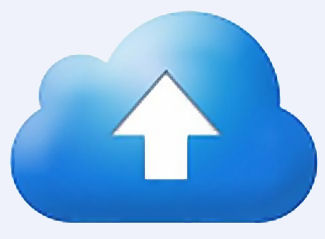Microsoft has launched a preview of an upcoming feature for Windows Azure, its cloud service, allowing users to import or export large amounts of data directly from hard disks delivered to Microsoft offices by Federal Express.
The feature arrived on Monday along with other new additions, including a virtual machine gallery, notification hubs and developer analytics. Scott Guthrie, Microsoft product manager of the .NET Framework, announced the additions in a blog post.
Fast transfer
The import/export feature, a version of which is already being offered by Azure rivals Amazon and Google, is billed as the fastest and simplest way of transferring data between an on-premises data centre and the cloud. The service supports drives encrypted with Microsoft’s BitLocker technology and using the NTFS format; Microsoft is shipping a hard disk drive preparation tool intended to set up drives to the correct specifications.
 Import and export tasks can be set up and managed using the Windows Azure management portal or the REST interface. The service is priced at $40 (£25) per storage device, a 50 percent discount, during the preview period; Amazon and Google use similar pricing, although Amazon adds transfer fees on top of the $80-per-device flat rate.
Import and export tasks can be set up and managed using the Windows Azure management portal or the REST interface. The service is priced at $40 (£25) per storage device, a 50 percent discount, during the preview period; Amazon and Google use similar pricing, although Amazon adds transfer fees on top of the $80-per-device flat rate.
The service is only being previewed in certain areas of the US, so drives must be shipped to and from those areas, and shipping must currently originate within the US. Currenly the service only supports 3.5-inch SATA II hard drives up to 4TB in capacity, with a maximum of 10 drives per job.
Feature update
Other new Azure features include improved search, support for analytics from New Relic, support for WebSockets for integrating real-time communications features into web applications, remote debugging using Visual Studio 2013, and improved push notifications.
Team Foundation Services users can now take advantage of continuous delivery support using either Team Foundation Services or the open source Git format. A new Billing Alert Service, currently in preview, alerts users when their bill approaches a certain threshold.
Last week Microsoft announced the general availability of Azure HDInsight, a big data service for provisioning and managing Hadoop clusters in Windows Azure.
Do you know all about Microsoft Windows Phone? Take our quiz.




